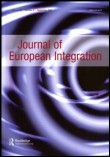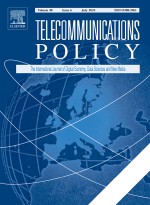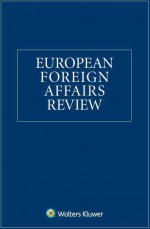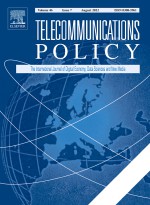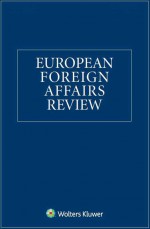Forging Their Path in the Brussels Bubble? Civil Society Resistance within the Domestic Advisory Groups Created under the EU Trade Agreements

Academic and policy interest in civil society participation in the European Union’s trade policy has been growing since the late 1990s. We analyse civil society’s engagement with the Domestic Advisory Groups (DAGs)—consultation mechanisms established by the European Commission at the implementation stage of its free trade agreements. While the Commission’s formal rationale for the DAGs is partnership with civil society, in fact this relationship involves a marked power and resistance dynamic. We focus on civil society’s agency and resistance, develop a conceptual framework laying out different possible types of resistance, and empirically demonstrate the wealth of both overt and subtle resistance practices employed by DAG members. Most of this resistance is (moderately) comprehensive and directed against the DAGs’ rationalities and technologies. While showing that DAGs are deeply contested, our study also provides a nuanced analysis of resistance with particular attention for divisions between business and non-business members.

